With the onslaught of heat and the rain, weeds have come on in a hurry, in pastures and fields and around barns and homes. Find out which weeds need to be eradicated from your fields immediately and how to control them.
By Sarah E. Coleman
While horse people are well-versed in the quality of the concentrates and hay they feed their steeds, the quality of the forage in horses pastures is often overlooked. To make your pasture work the hardest for you, it’s important to correctly identify what types of weeds are growing so you can effectively eradicate them; certain weeds will take specific methods to remove them from a field.
Thankfully, the majority of weeds found in fields cause little threat to horse health; most weeds are not tasty and in general, and a horse would need to consume a good amount of the weed for it to be toxic. While this means that weed eradication is not an immediate chore to keep horses safe, it is important to maintaining the health of your fields.
Though it may be tempting to try to control weeds now, when they seem to be growing out of control, you should never apply herbicides to plants that are stressed from heat or drought.
Some weeds common in horse pastures include:
Amaranth
Buckhorn Plantain
Buttercup*
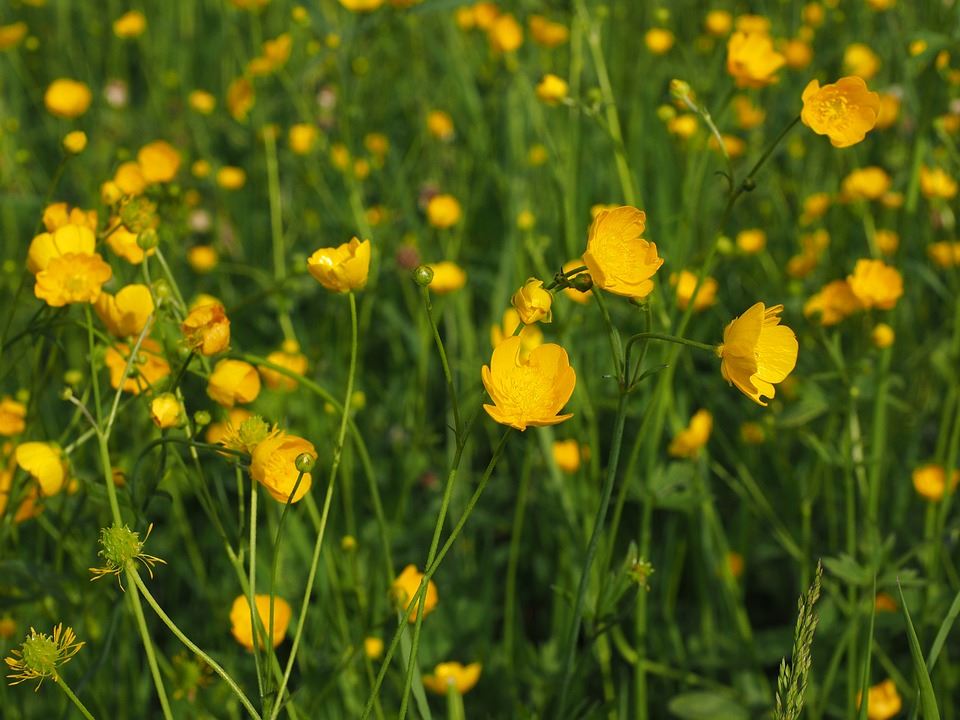
Chicory
Hemp dogbane* (also called Indian hemp)
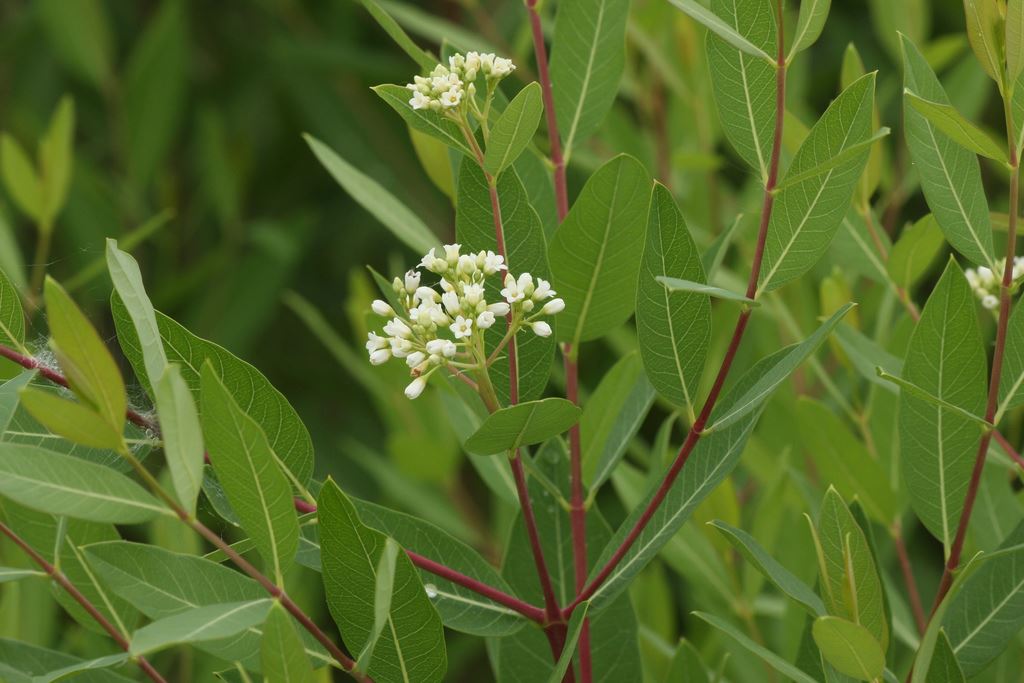
Honeysuckle
Johnson grass*
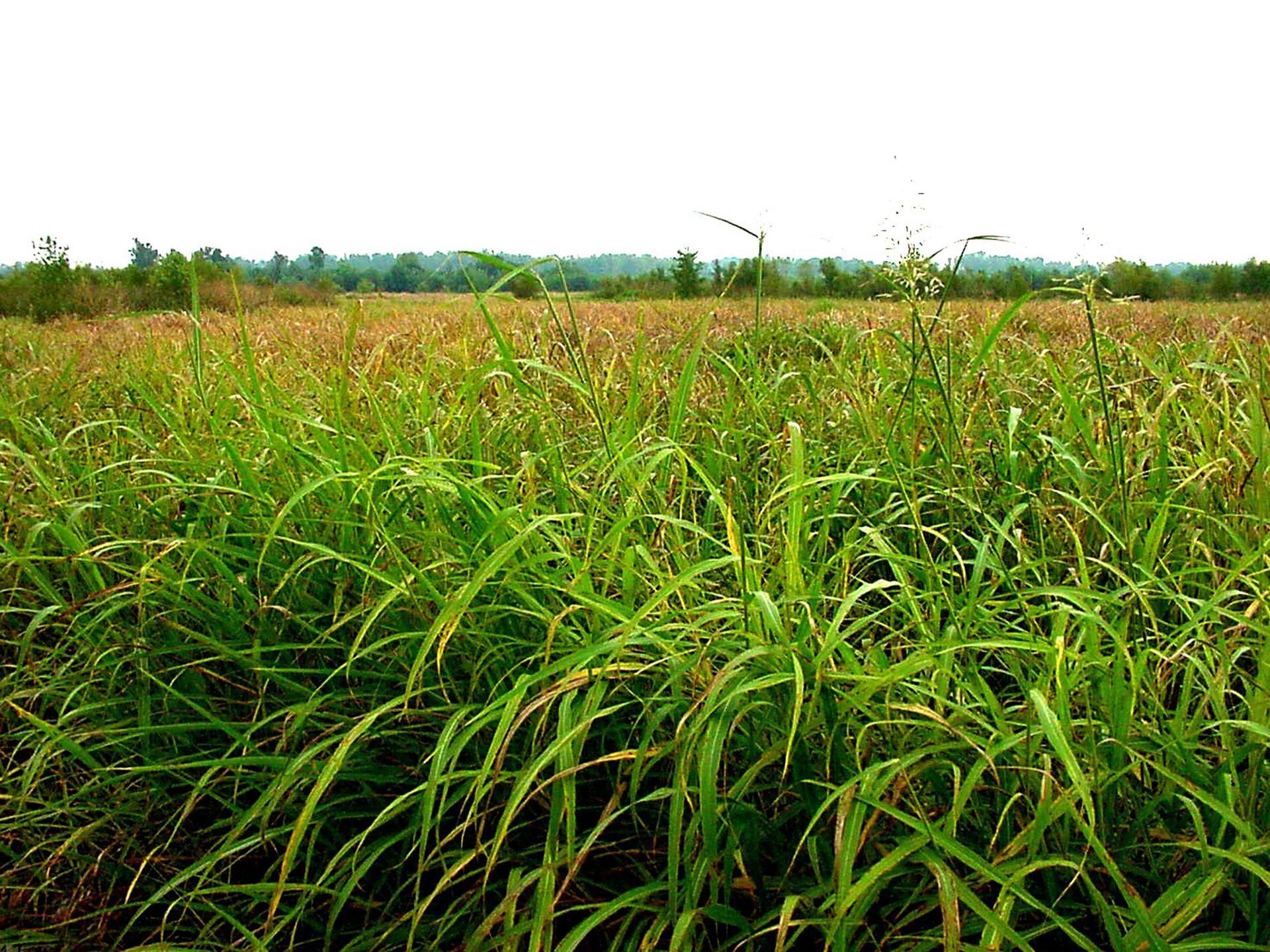
Milkweed*
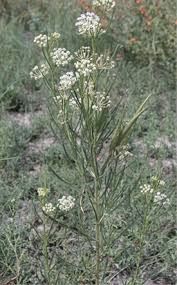
Nimblewill
Poison hemlock*
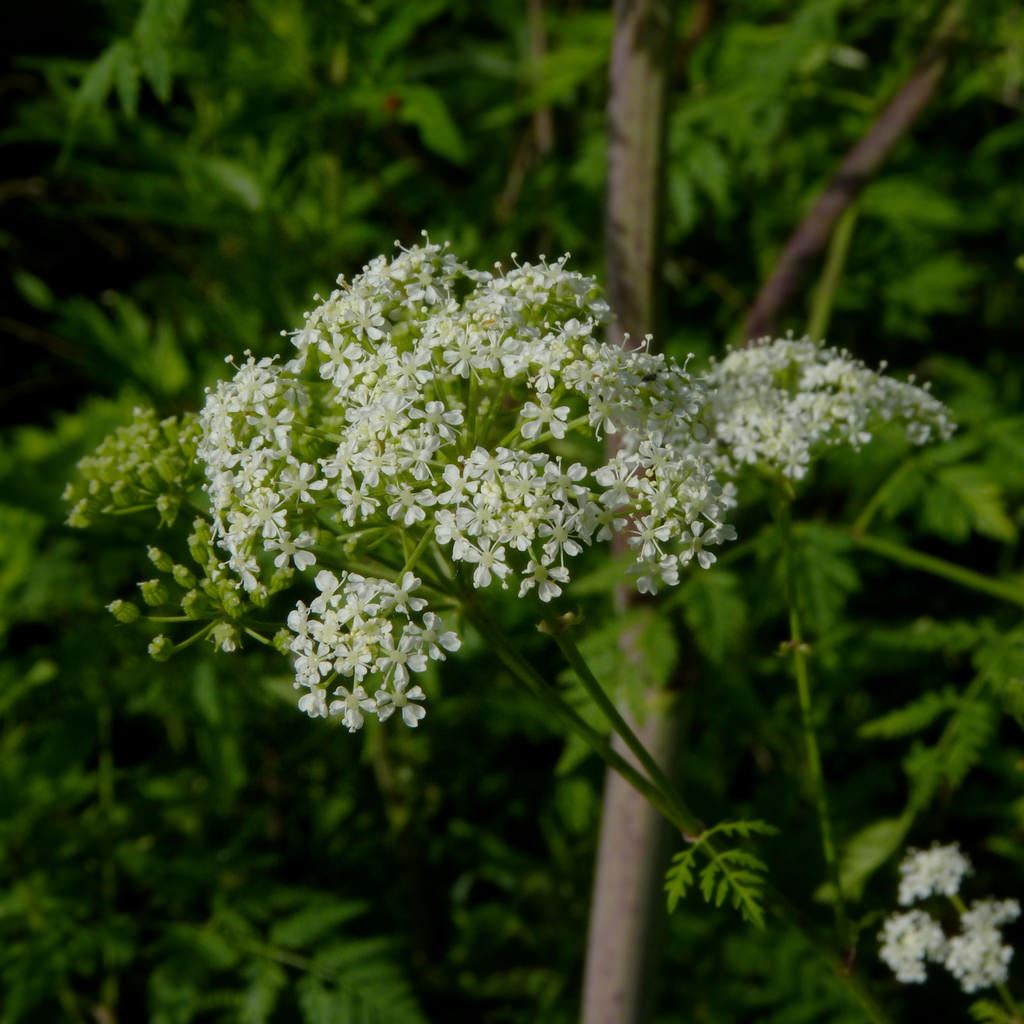
Ragweed
Star of Bethlehem*
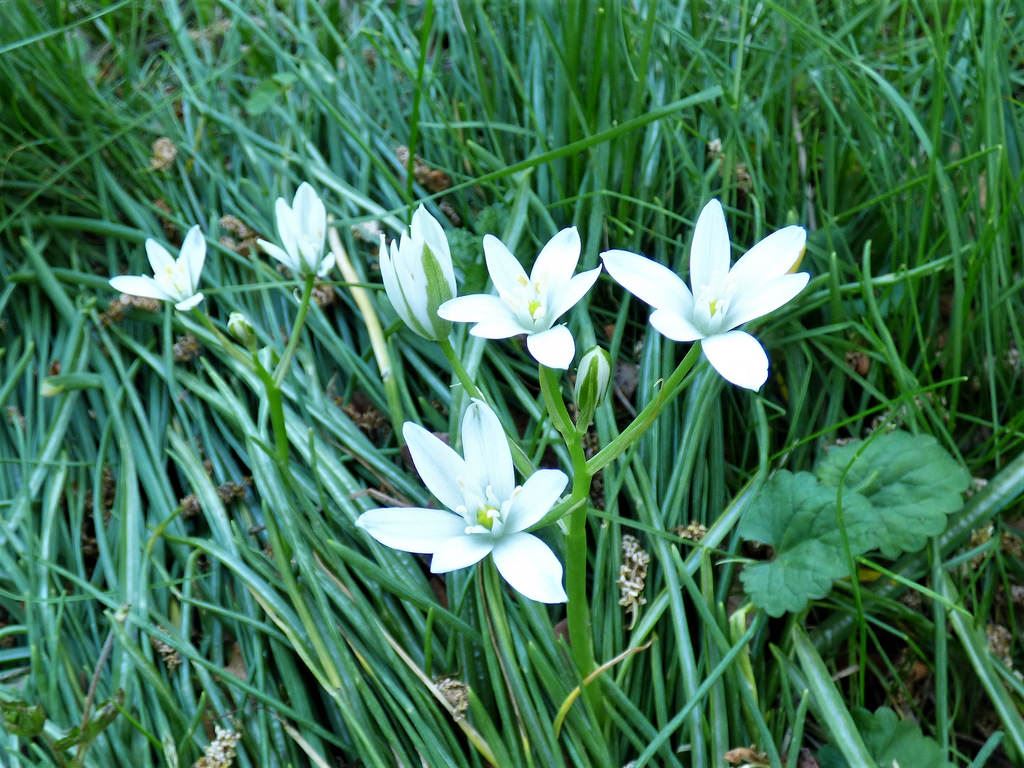
White snakeroot*
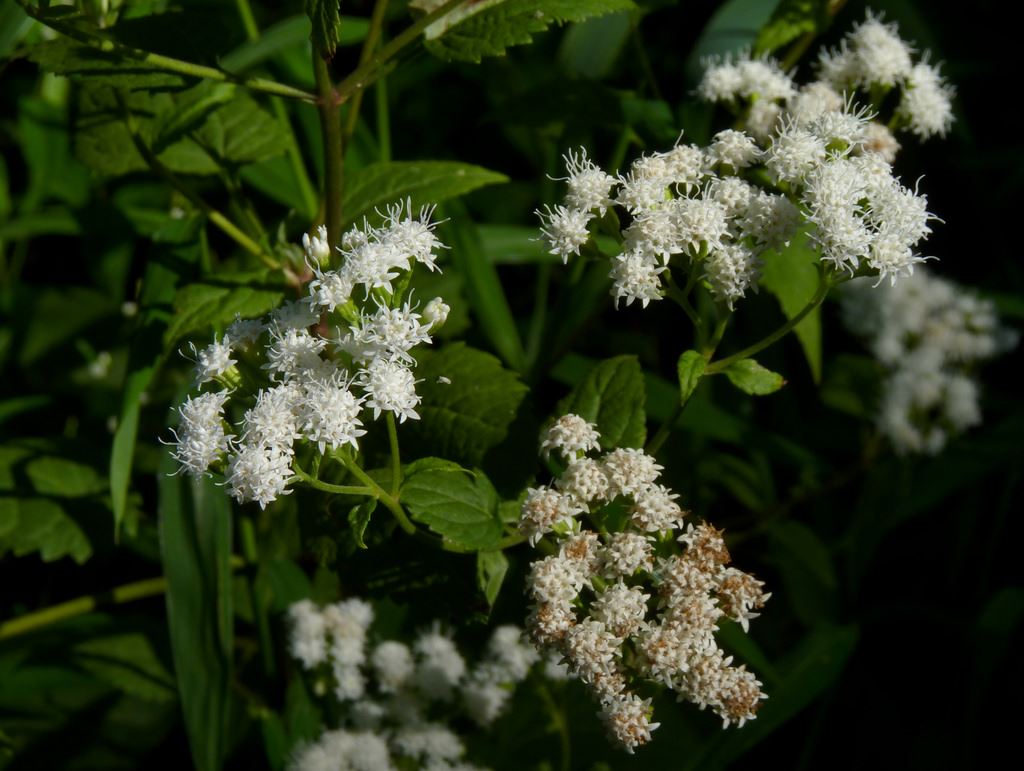
Wild carrot* (also known as Queen Anne’s Lace)

*Indicates weeds are poisonous and should be removed from pastures as soon as possible.
Preventing Pasture Weeds
Some ways to remove and keep weeds at bay on your farm:
- Mow and weedeat fencerows and not just fields; weeds on the edges will equal weeds in the pastures in short order
- Avoid overgrazing fields
- Dig out weeds by the roots; though this can seem overwhelming in large fields, it’s a worthwhile endeavor in smaller paddocks and pastures
- Mow before weeds go to seed
- Consider spraying, but you will need to know what plants you are fighting to get the right kind of product. It’s also imperative to make sure the spray is safe for livestock
- Take soil samples so you know what needs to be done to create the healthiest soil for quality forage
Visit the Cornell University Department of Animal Science website for a complete list of plants that are poisonous to horses.
